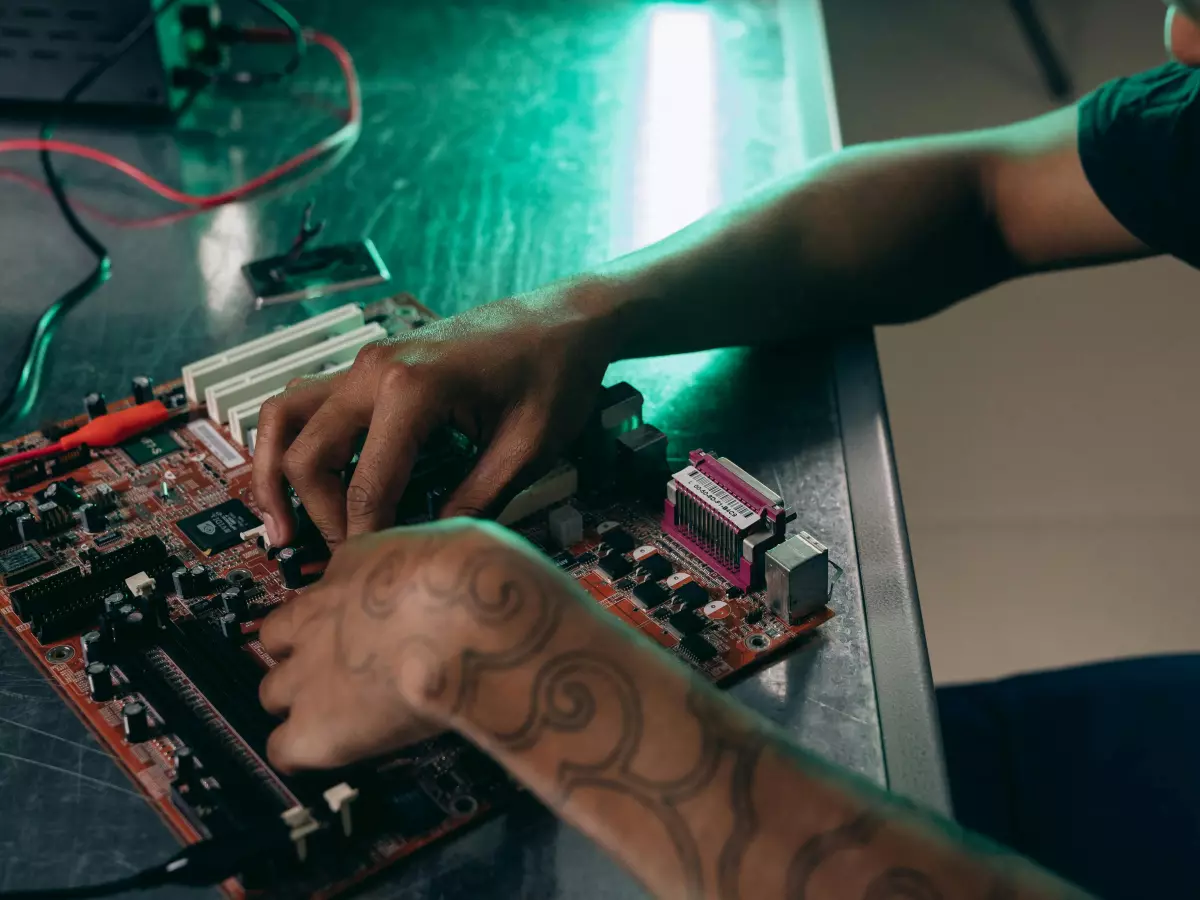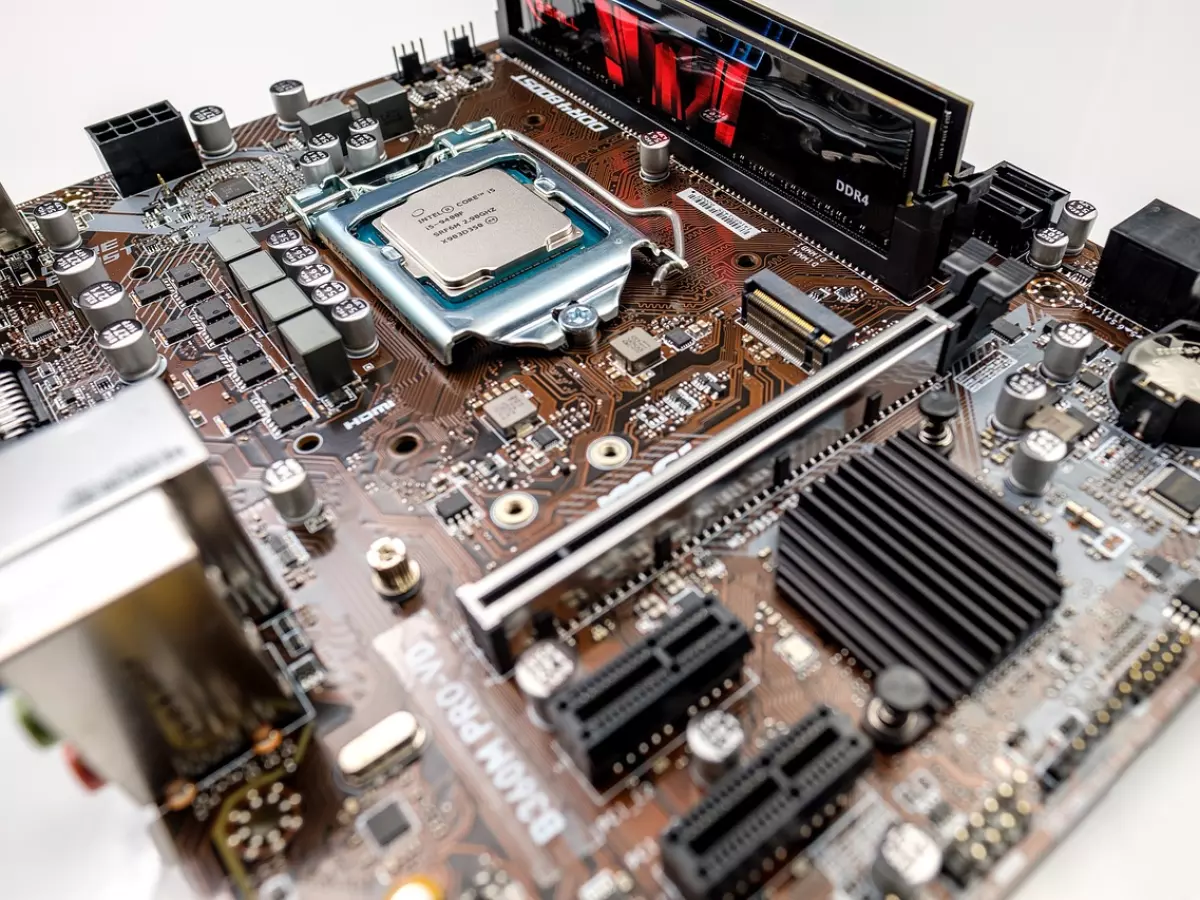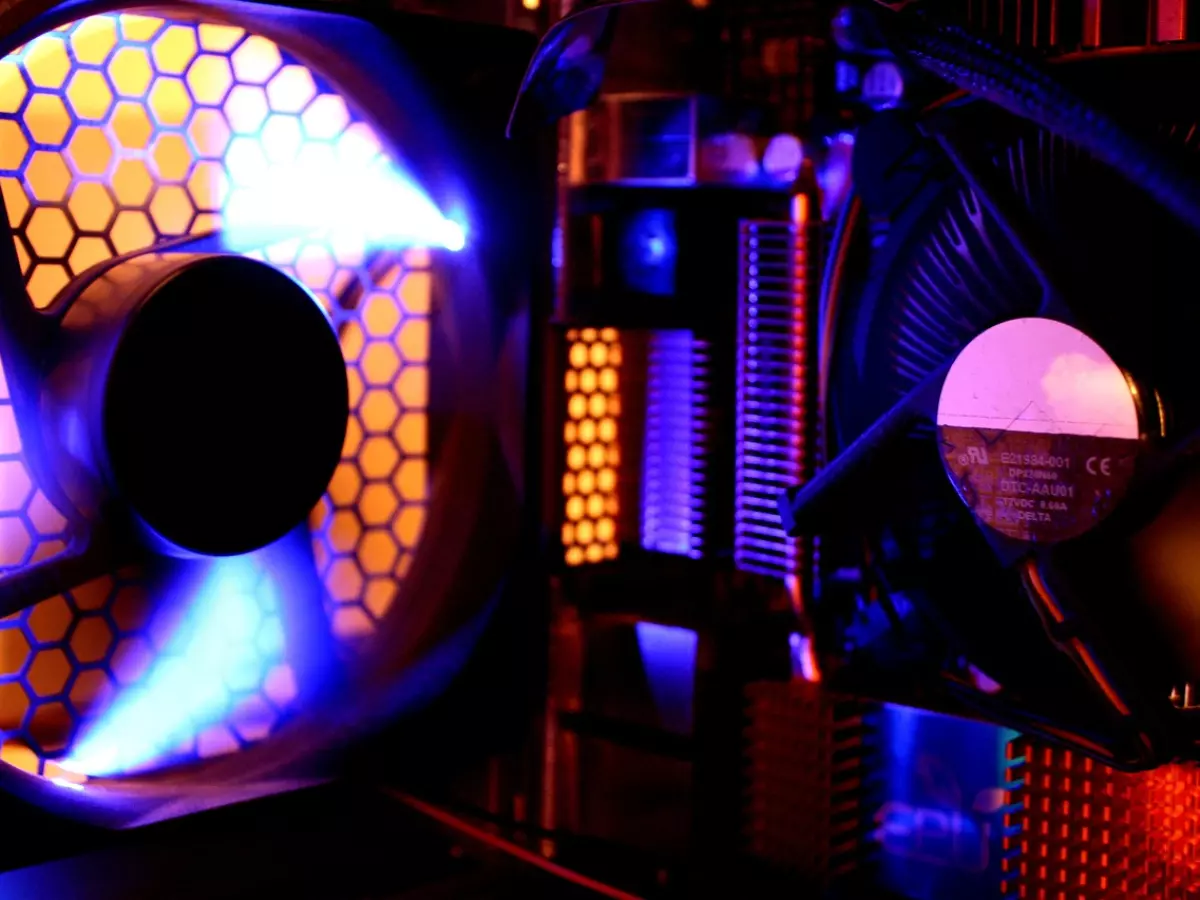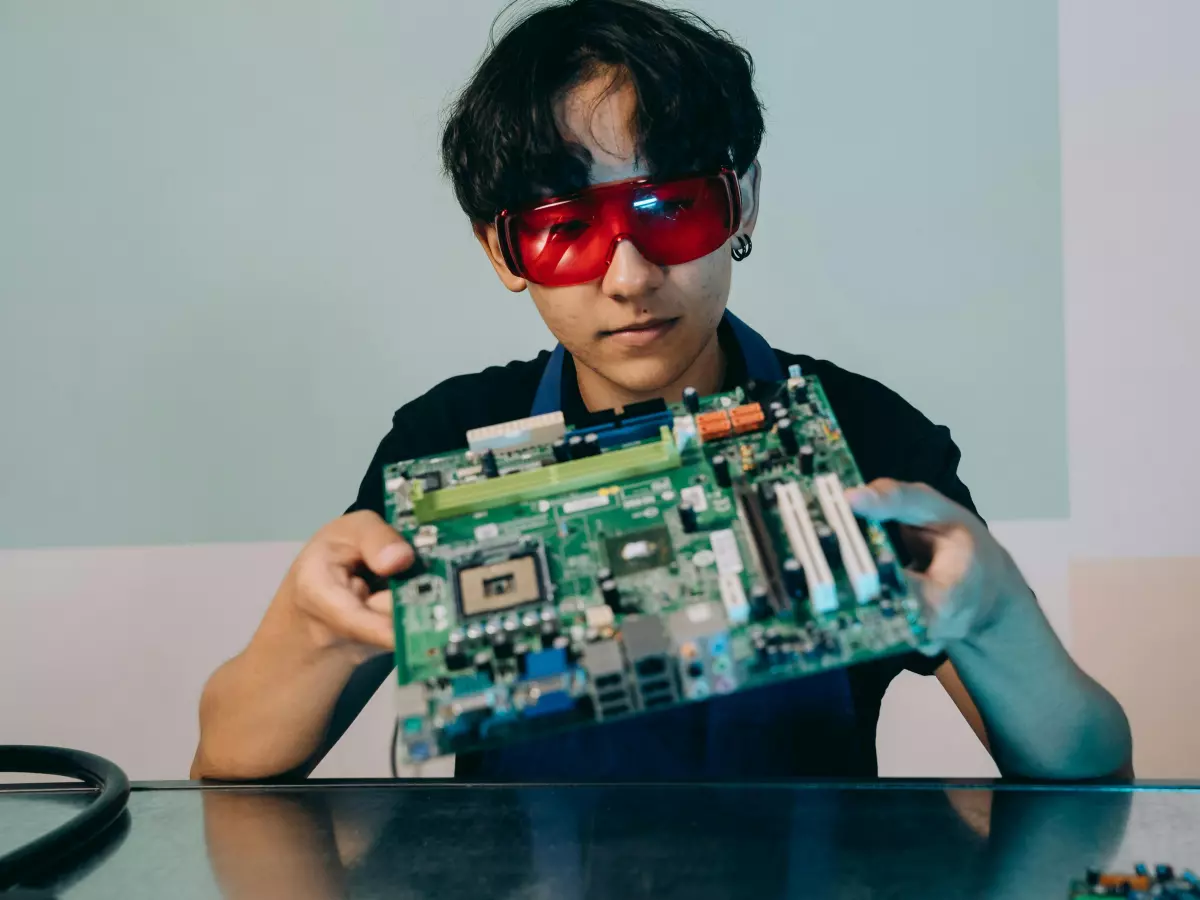CPU vs GPU
Most people think the CPU is the brain of the PC, and the GPU is just for gaming. But what if I told you that’s not the whole story?

By Alex Rivera
For years, the CPU has been hailed as the king of computing. It’s the “central” processing unit, after all. It handles everything from running your operating system to managing background processes. Most people believe that if you want a faster PC, you should just get a better CPU. However, in today’s world of high-performance computing, that old belief is starting to crack. The GPU, once considered a sidekick for gamers, has risen to become a key player in the performance game.
But here’s the kicker: the balance between your CPU and GPU can make or break your PC’s performance. And no, it’s not just about gaming. Whether you’re rendering 3D models, editing videos, or even running AI algorithms, the CPU-GPU dynamic is crucial. So, which one should you prioritize? Let’s dive into the battle between these two titans.
The CPU: The Multitasking Maestro
The CPU is like the multitasking wizard of your PC. It’s designed to handle a wide range of tasks, from managing your operating system to running multiple applications at once. It excels at single-threaded tasks—those that require step-by-step processing. Think of it as the manager of your PC, making sure everything runs smoothly and efficiently.
However, as powerful as the CPU is, it has its limits. When it comes to tasks that require massive parallel processing, like rendering graphics or crunching large datasets, the CPU can start to struggle. That’s where the GPU comes in.
The GPU: The Parallel Processing Beast
While the CPU is great at multitasking, the GPU is a beast when it comes to parallel processing. Originally designed to accelerate graphics rendering, modern GPUs have evolved into powerful computing engines. They can handle thousands of tasks simultaneously, making them ideal for workloads that require massive amounts of data to be processed at once.
This is why GPUs have become so important in fields like AI, machine learning, and video editing. Tasks that would take hours on a CPU can be completed in minutes on a GPU. But here’s the catch: not every task benefits from a powerful GPU. For example, if you’re just browsing the web or writing an email, your GPU is probably sitting there twiddling its thumbs.
Finding the Balance
So, which one should you focus on? The answer is: it depends. If you’re a gamer or someone who works with graphics-heavy applications, a powerful GPU is a must. But if you’re more of a multitasker, running multiple programs at once or working with CPU-heavy applications like spreadsheets or databases, then a strong CPU will be your best friend.
However, the real magic happens when you find the right balance between the two. A well-balanced system, where the CPU and GPU complement each other, can deliver the best overall performance. This is especially true for tasks like video editing, where both the CPU and GPU need to work together to process and render files efficiently.
Optimizing Your PC for the Future
As technology continues to evolve, the line between CPU and GPU tasks is becoming increasingly blurred. With the rise of AI and machine learning, more and more applications are starting to leverage the power of GPUs for tasks that were once the domain of CPUs. This means that having a balanced system is more important than ever.
So, if you’re building or upgrading your PC, don’t just focus on one component. Think about the tasks you’ll be performing and choose a CPU and GPU that complement each other. It’s not about picking sides in the CPU vs GPU battle—it’s about finding harmony between these two powerhouses.
In the end, the real winner is you—when your PC runs like a dream, no matter what you throw at it.





